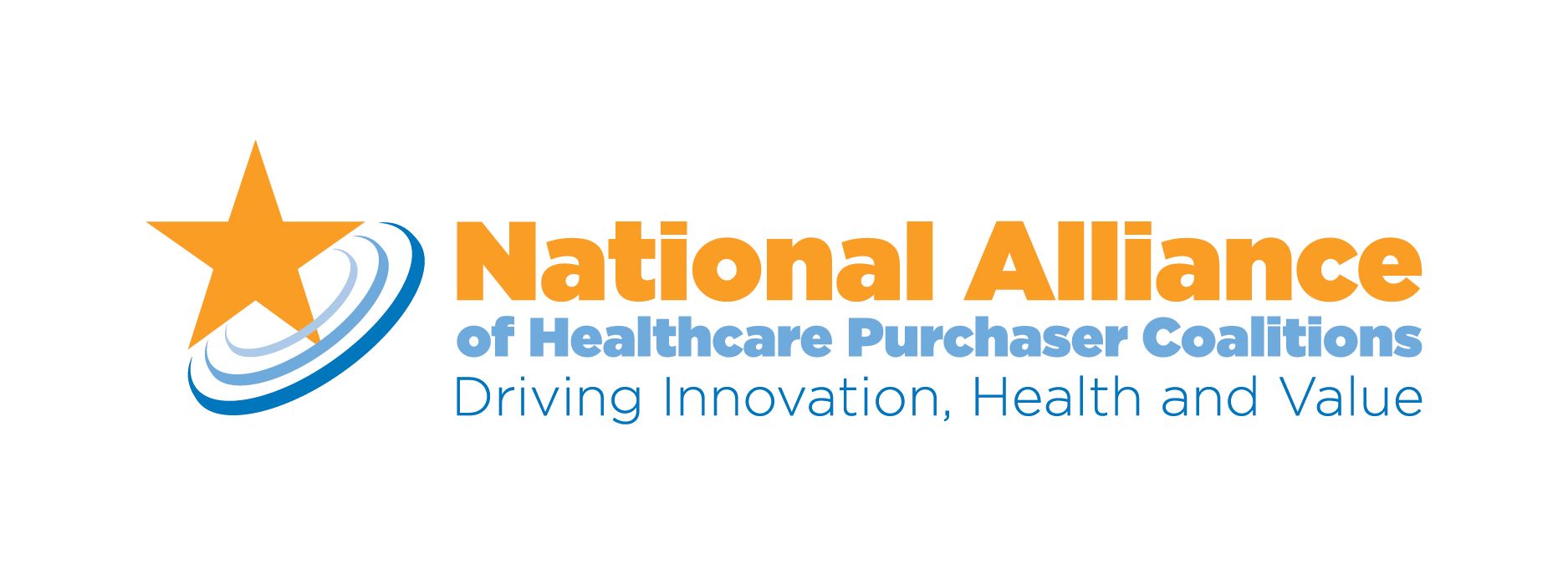
Employer Playbook Suggests Strategies for Biosimilar Adoption, Navigating Adalimumab Launches

A new resource from the National Alliance of Healthcare Purchaser Coalitions aims to help plan sponsors adopt biosimilars into their pharmacy benefit plans.
The promise of biosimilars to deliver lower costs hinges upon acceptance and use of these agents. In a
The Employer Playbook on Biosimilars follows
“If properly managed, biosimilars can help employers save millions while increasing patient access,” Margaret Rehayem, vice president at the National Alliance,
The playbook provides suggested strategies to address key areas:
- Plan design, such as utilizing a value-based approach, reviewing co-pay tiers, and considering strategies that limit a patient’s cost.
- Formulary design, such as considering a custom formulary design, implementing a formulary that is not drive by rebates, and requiring all new biosimilars be placed in the generic tier. The playbook warns against excluding biosimilars or creating step therapy requirements, which put up barriers to treatments and create costly unintended consequences.
- Drug pricing and rebates, such as considering a phased approach that reduces or eliminates rebates, implementing best practices for transparent contracting, and even starting over with a transparent or pass-through pharmacy benefit manager (PBM).
- Drug access and availability, such as including all biosimilars on the formulary and offering incentives to use biosimilars over the reference product.
- Sites of care and administration, such as considering preferred or tiered sites of care, identifying high-value sites of care, and anticipating advances in drug delivery to include in plan designs.
The playbook notes that employer engagement in benefit plans is crucial to ensure biosimilar products are included as a preferred product on a generic tier; listed on the formulary as a covered product; affordable to patients; available at pharmacies, providers, and specialty pharmacies; dispensed as the lowest-cost site; and communicated in materials.
In addition, the playbook provides counterpoints for the reasons PBMs typically use for why they don’t offer a biosimilar. Some of these reasons from PBMs include:
- Adopting biosimilars will result in a loss of rebates and a higher cost for the employer
- Patients will have to undergo step therapy or pre-authorization to switch to the biosimilar
- Switching patients from the branded reference product to a biosimilar will result in adverse outcomes
“Companies are spending more on employees’ health insurance than ever before, and biosimilars are safe and effective treatment options to lower the cost of prescription drugs if they are accessible to the patients that need them,” said Juliana M. Reed, executive director of the Biosimilars Forum. “We urge employers to implement recommendations from this playbook and work with their PBMs to ensure their employees have access to lower cost biosimilars and are educated about them.”
Finally, the playbook addresses the biggest biosimilar shift in 2023, which is the launch of adalimumab (Humira) biosimilars. The first, Amjevita from Amgen,
“It may be cheaper for employers to continue Humira, as those rebates subsidize the entire therapy class of drugs; the net cost of Humira may be below the cost of the biosimilar, once you factor in the copay and other patient-assistance dollars,” according to the playbook.
However, National Alliance also warns that rebates could decline over time, and if biosimilars fail to gain market share, their manufacturers may exit the market, giving AbbVie the ability to increase the price of Humira due to a lack of competition.
References
1. Employer Playbook on Biosimilars. National Alliance of Healthcare Purchasers Coalitions. Published March 2, 2023. Accessed March 7, 2023.
2. Biosimilars Key to Lowering Drug Prices; National Alliance of Healthcare Purchaser Coalitions Releases Playbook to Help Employers Adopt. National Alliance of Healthcare Purchasers Coalitions. News release. March 7, 2023.
Newsletter
Stay ahead of policy, cost, and value—subscribe to AJMC for expert insights at the intersection of clinical care and health economics.









